Market Trends
Key Emerging Trends in the Next Generation Data Storage Technologies Market
The Next Generation Data Storage Technologies market is witnessing a multitude of trends that are reshaping the industry landscape. One prominent trend is the increasing adoption of cloud-based storage solutions. Organizations are recognizing the flexibility and scalability offered by cloud storage, allowing them to efficiently manage and access their data without the need for extensive on-premises infrastructure. This trend is driven by the growing volume of data generated, coupled with the need for cost-effective and easily scalable storage solutions.
Another notable trend is the rise of software-defined storage (SDS). SDS decouples storage hardware from the software, providing a more flexible and agile storage infrastructure. This trend is gaining traction as organizations seek solutions that can adapt to dynamic workloads and diverse storage requirements. SDS allows for greater customization and scalability, enabling organizations to tailor their storage environments to specific needs.
The integration of artificial intelligence (AI) and machine learning (ML) into data storage solutions is another significant trend. These technologies enhance data management by automating processes such as data categorization, analysis, and optimization. AI and ML-driven storage solutions contribute to improved efficiency, faster data retrieval, and more intelligent data handling, aligning with the broader trend of leveraging advanced technologies for enhanced data processing.
Hybrid cloud storage is emerging as a prevalent trend, addressing the need for a balance between on-premises and cloud-based storage. Organizations are adopting hybrid cloud models to combine the advantages of both environments, allowing them to keep sensitive data on-premises while utilizing the cloud for scalability and accessibility. This trend reflects the recognition that a one-size-fits-all approach to data storage may not be optimal for all use cases.
The increased focus on edge computing is influencing the Next Generation Data Storage Technologies market. As the deployment of IoT devices grows, there is a need for decentralized data storage solutions to reduce latency and enhance real-time processing capabilities. Edge storage solutions enable data to be stored closer to the point of origin, improving response times and supporting applications that require low latency, such as autonomous vehicles and smart cities.
Security remains a paramount concern, leading to a trend of enhanced encryption and data protection features in storage technologies. With the rising frequency and sophistication of cyber threats, organizations are prioritizing robust security measures to safeguard their sensitive data. Storage solutions that offer end-to-end encryption, secure access controls, and advanced threat detection capabilities are becoming increasingly popular in the market.
The advent of new storage architectures is reshaping the market, with technologies like Storage Class Memory (SCM) gaining prominence. SCM combines the speed of traditional memory with the persistence of storage, providing a faster and more reliable storage solution. This trend reflects the industry's pursuit of storage technologies that can keep pace with the increasing demand for real-time data processing.
Environmental sustainability is a growing trend in the Next Generation Data Storage Technologies market. Companies are increasingly adopting green storage solutions, focusing on energy-efficient hardware, and implementing recycling programs for end-of-life storage devices. This trend aligns with the broader global push towards sustainability and corporate responsibility, as organizations seek to minimize their environmental footprint.

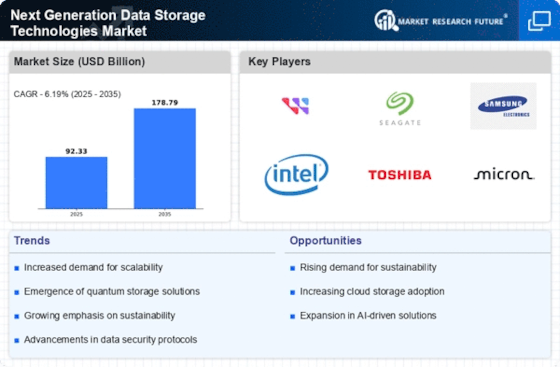
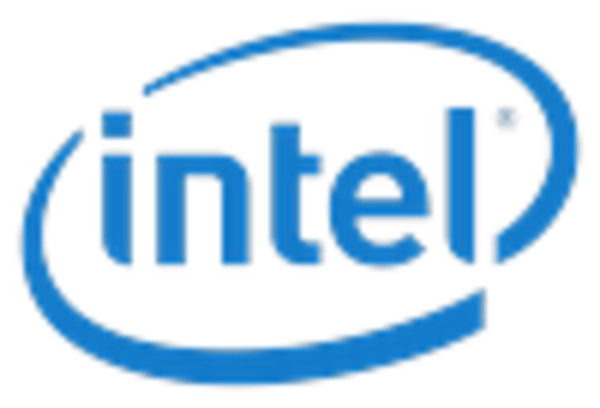
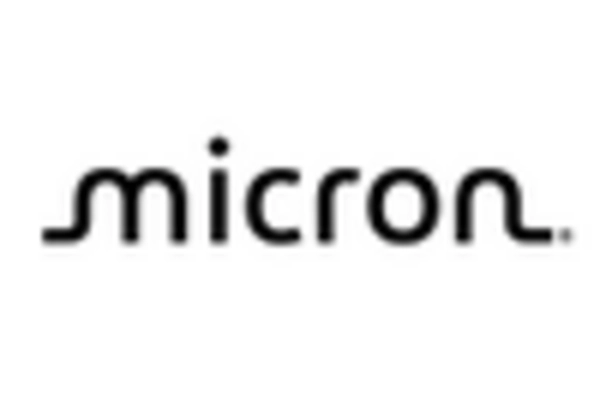

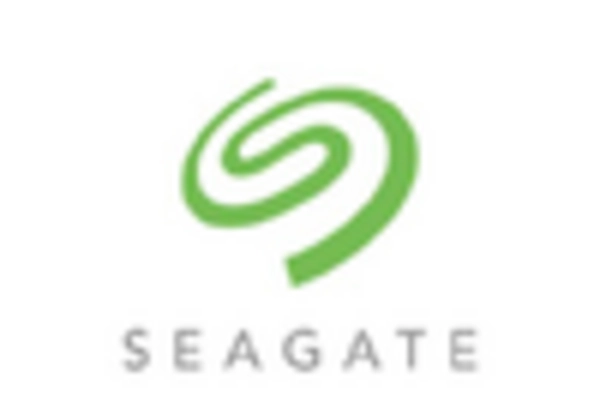
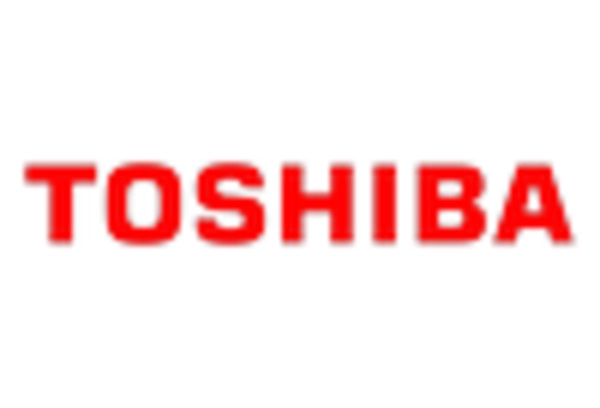










Leave a Comment